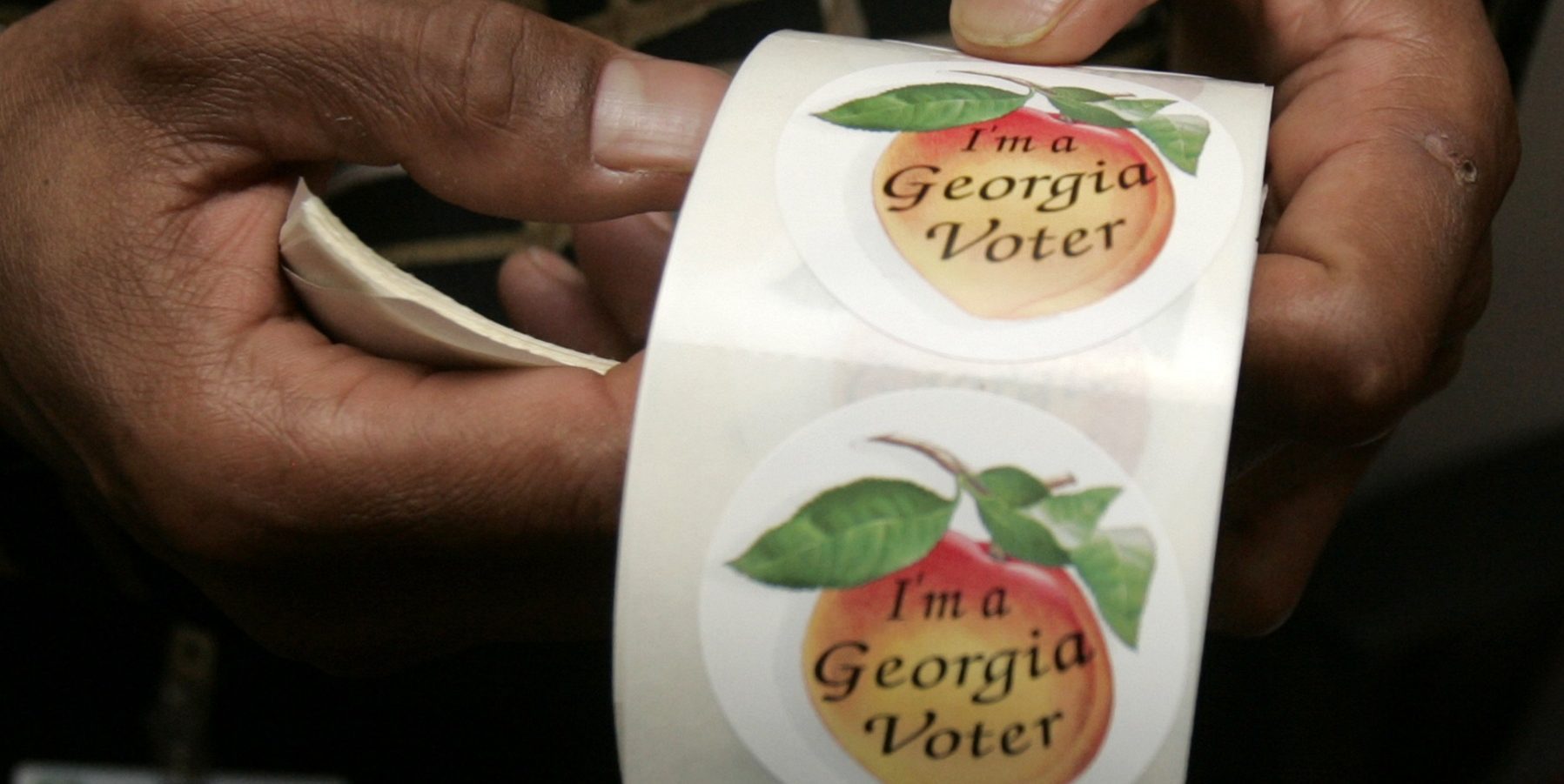A federal judge in Atlanta issued a temporary restraining order Wednesday for elections officials to accept ballots and ballot applications with signatures that don’t match what voters have on file.
U.S. District Court Judge Leigh Martin May issued the order for the Secretary of State’s office to notify all elections officials of this order after hearing arguments in two different lawsuits Tuesday afternoon.
The cases were filed against Secretary of State Brian Kemp and the Gwinnett County Board of Registrations and Elections. The defendants argued that signature mismatch rejections were rare and only 0.017 percent of all accepted absentee ballots in 2016 were rejected on that basis.
“The State cannot claim on one hand that an appeal process would be an administrative nightmare while on the other claiming that such a rejection is rare,” May wrote in response.
Gwinnett County has had 633 rejections of mail-in ballots so far. Statewide, there are 2,081 so far. Attorney Bruce Brown representing one of the group of plaintiffs said 79 counties, however, don’t list any rejections.
“Seventy-nine counties haven’t reported any rejections, so the Secretary of State is not reporting their rejections,” Brown said. “Gwinnett could be the tip of iceberg. The information on the site is just false.”
Brown said he is suspicious that Fulton County, which contains the city of Atlanta and is the most populous county in the state, lists zero rejected absentee ballots.
Signatures On Ballots
According to the order, all county elections officials responsible for processing absentee ballots “shall not reject any absentee ballots due to an alleged signature mismatch.” Instead, the county must mark them as provisional ballots. Provisional ballots are reviewed after election day.
The county elections officials also “must provide pre-rejection notice and an opportunity to resolve the alleged signature discrepancy to the absentee voter.” The process must be “done in good faith” and “limited to confirming the identity of the absentee voter” within three days after the Nov. 6 election.
Ballot Applications
In one of the lawsuits, the American Civil Liberties Union (ACLU) of Georgia on behalf of the Georgia Muslim Voter Project and Asian-Americans Advancing Justice-Atlanta, requested a temporary restraining order stopping elections officials from rejecting absentee ballots and absentee ballot applications because of the signature mismatch.
“Elections officials who are not handwriting experts subjectively determine that their signatures don’t match, even though people’s signatures can change for a variety of innocent reasons,” said Sean Young, the legal director of the ACLU of Georgia.
Date Of Birth Mismatch
The other lawsuit heard jointly on Tuesday involves six plaintiffs, five individuals and one organization: the Georgia Coalition for the People’s Agenda, Inc.
Atlanta-based attorney Bruce Brown and Washington, D.C.-based John Powers of the Lawyers’ Committee for Civil Rights Under Law represented the plaintiffs in the second lawsuit. Expenses in the lawsuit are being covered by the Coalition for Good Governance based in Colorado.
The second lawsuit additionally asked for more due process for voters who didn’t write the correct year of birth on the form and instead wrote the current year of 2018. The judge has not yet made a decision on the request for relief.
Secretary of State Brian Kemp has until noon on Oct. 25 to file any objections to the temporary restraining order.









